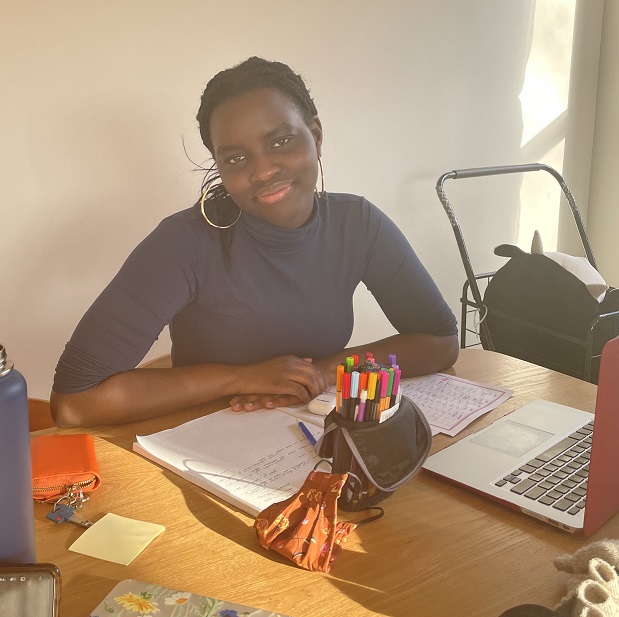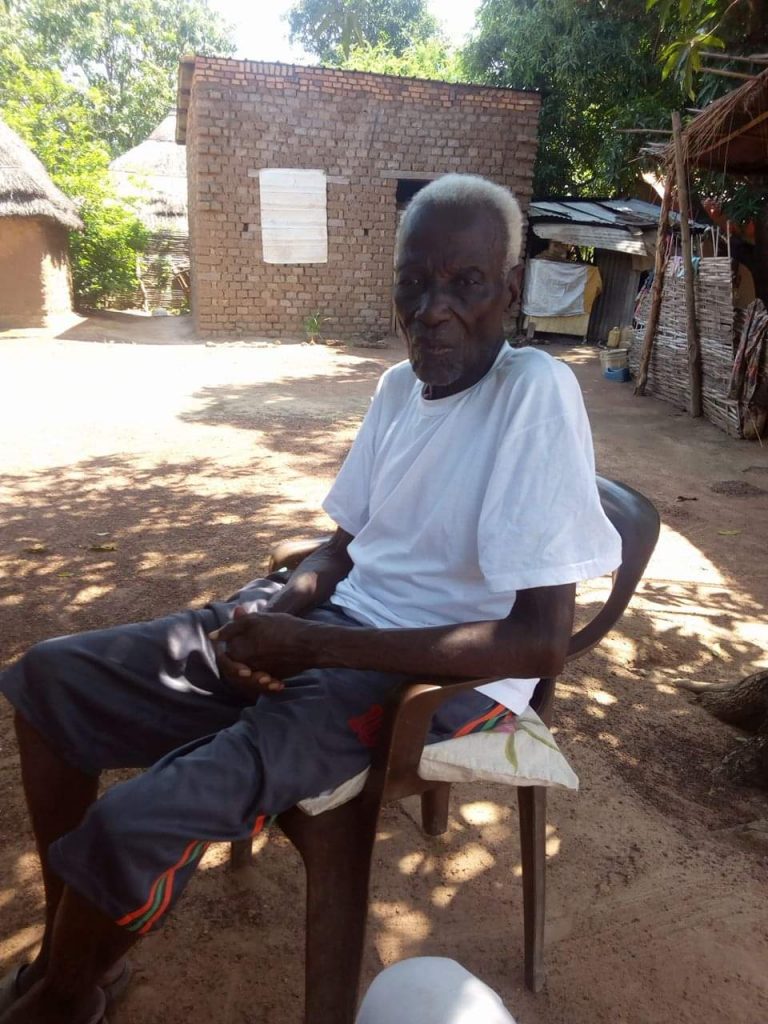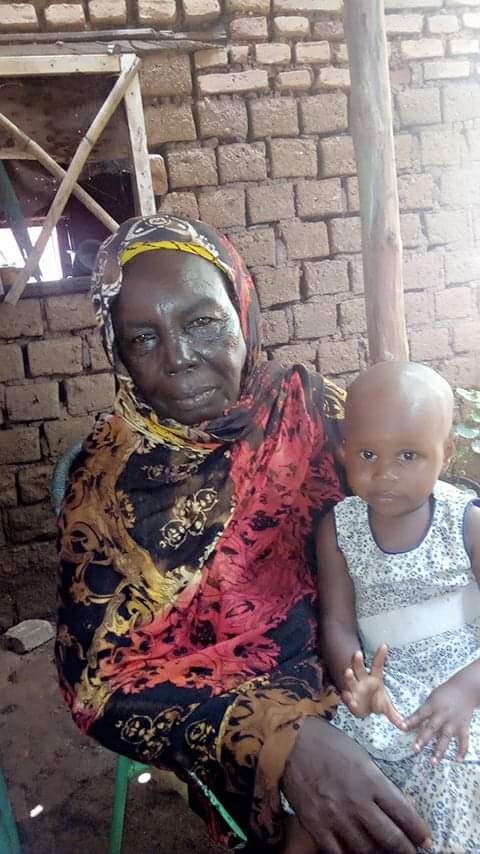
My name is Elizabeth and I’m a sophomore majoring in Global & International Studies and learning Arabic at Loyola. I had a conversation with my grandparents, the other day. A real conversation, we did not say much to each other, but I could tell how much it meant to them. They asked me how school was and how I liked living alone. I told them it was okay, and I missed my siblings a lot. To many this does not seem like anything notable, but I have never met my grandparents and have always had a hard time speaking to both of them. I come from a South Sudanese family and was born in Cairo, Egypt. My family moved to the United States when I was four or five years old. I was thrown into an English-speaking pre-school and stopped speaking for a couple months, even at home. My parents learned English as young students in Sudan, which helped them a lot when moving to the states. This allowed my parents to opt for speaking English around the house, to help me learn. Everything was switched to English; I was even called solely by English name of Elizabeth instead of my family name of Dounie (a nickname for Dounya) at home for a while. This was done so I would respond to the name of Elizabeth in school.

I eventually, began speaking, but only English. Abandoning any Arabic, I had learned as a child. I was able to understand the Arabic my immediate family spoke, but not much else. And as I got older my Arabic understanding got worse; My parents frustratingly, began only speaking to me in English because it was frustrating to keep translating myself. Funny enough by the time I was a teenager, the only Arabic I could understand were commands from my mother or her complaining about me. If she caught me catching on to what she was saying, she would switch to her family’s tribal language. I would always yell that I still knew she was talking about me and march to my room.

It has always been hard to communicate with my family in Sudan who did not speak English, and for the ones that did speak English the conversations were awkward because simply we had not grown up together. My grandfather does know English, he worked in government while Sudan was still a British colony. He is an old man, I wish I could give an age but, no one is quite sure of how old he is. I do know that he was a young man when Sudan became and independent nation and an old man when South Sudan became an independent nation. The conversations with him were always sparse and quick, often due to the time difference. I would say a few quick words to him before I would have to go to school. I also just did not have much interest in talking with him, he was far away just like Sudan. I have never been to Sudan; I was the only one not born there prior to the birth of my youngest two siblings. My cousins would tease me by calling me the Egyptian cousin, I think there are political implications of that joke, but who knows. My grandmother knows no English so I have never said much to her besides Salaam and then handing the phone back to which ever parent she was speaking to so I could be do whatever I was doing.

Now that I am older, I get upset with my dismissive behavior I had with my family abroad. I started taking Arabic my second year at Loyola. Although I struggle, it had opened my worldview immensely. I can speak to my Grandmother for the first time in my life. We have the same name, so she calls me her sister. She also tells me I sound like a robot when I speak, but she likes hearing my voice. She is also older and spends most of her time resting and watching my grandfather who is extremely sick. The time difference plus their age and physical state makes it hard to reach them. But every mundane interaction we have together I know means just as much to them as it does to me.
